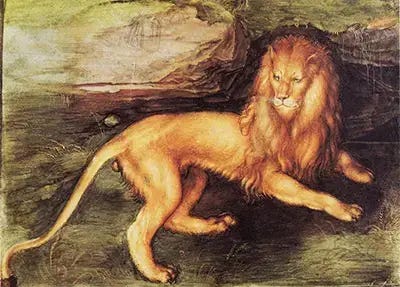An earlier version of this article first appeared on my other blog, roadstainedfeet.wordpress.com.
Have you ever been embarrassed mid-brag?
I get in trouble when talking about something I really love. By really love, I mean “an activity or interest I enjoy pursuing,” but most people naturally hear, “one in which I am really skilled or knowledgeable.”
One time early in my friendship to my husband, I mentioned that I love archery. Of course, with archery you only look cool if you hit the target. I’d be really good at the movie archery with the CGI arrows that always hit the mark. Anyway, the next time I came over, he got out a bow and a target. Which I did not hit even once. He never brought out the target again, presumably to save my dignity.
That’s just your run-of-the-mill embarrassment that you can laugh off after five or ten years. Moral failings are far more humiliating, especially if you were just in the middle of bragging – even if only to yourself or to God – about a particular virtue.
I flatter myself that I am strong under pressure, and riding that wave of self-satisfaction, some minor stressor makes me flip out. Or if a friend praises me for my kindness, I will stand on that reputation, ignoring any little cruelties that don’t fit my mental picture of Queen Madeline the Kind. I could continue. I get so proud of myself for my small resemblance to Christ that my pride puffs me up.
I’m like an unnamed lion in The Lion, the Witch and the Wardrobe.
Following Aslan’s triumphant resurrection from the dead, he goes through the White Witch’s castle restoring everyone who had been turned to stone. Susan and Lucy watch the transformation of a noble lion from gray stone to gold fur. Seeing his savior, he runs after Aslan, “frisking round him whimpering with delight and jumping up to lick his face.” This unnamed lion possesses the innocent delight we should all have when we recognize our Savior; forgetting his dignity, he is more puppy than lion.
His part in the story isn’t over yet, though. Aslan organizes all of the animals, children, dwarfs, and so on into a great army, adding, “Those who are good with their noses must come in front with us lions to smell out where the battle is.”
Lewis continues, “The most pleased of the lot was the other lion who kept running about everywhere pretending to be very busy but really in order to say to everyone he met, ‘Did you hear what he said? Us Lions. That means him and me. Us Lions. That’s what I like about Aslan. No side, no stand-off-ish-ness. Us Lions. That meant him and me.’ At least he went on saying this till Aslan had loaded him up with three dwarfs, one dryad, two rabbits, and a hedgehog. This steadied him a bit.”
To give him the benefit of the doubt, he probably doesn’t mean to claim superiority to the other creatures here. He’s just so honored that Aslan would say “us lions” that he bounds around telling everyone about it, when all he should have said to Aslan was “thank you” and treasured the rest in his heart. It was Aslan’s condescension that created lions to bear his image, to fight, and to serve in a kingly way.
It’s such an easy step from humble gratitude to pompous bragging.
God is merciful, though. Like Aslan quietly giving the lion a humble load to carry to “steady” him, His rebukes are gentle.
I struggle with showing charity to people in the church, especially those who claim a great anointing of the Spirit. I hone in on their flaws, and if they stumble, I take it way too personally. We’re talking people I barely know, sometimes people I’ve never met. I get so angry that someone would betray God and His Church like that. Those people. Not like us lions, right, Lord?
And in the middle of my oh-so-righteous anger, I hear a caution: “Harden not your heart.” I must put away the laundry list of other people’s sins to repent of my own. Drawing near to God’s perfect heart reveals my duplicity. The very things I have hated in others I see in myself – in small, seemingly innocuous grains of iniquity that could poison the harvest God intends.
If we say we want to be like Jesus, we need to want more than his reputation.
Do nothing from selfish ambition or conceit, but in humility count others more significant than yourselves. Let each of you look not only to his own interests, but also to the interests of others. Have this mind among yourselves, which is yours in Christ Jesus, who, though he was in the form of God, did not count equality with God a thing to be grasped, but emptied himself, by taking the form of a servant, being born in the likeness of men. And being found in human form, he humbled himself by becoming obedient to the point of death, even death on a cross.
Philippians 2:3-8
We don’t bear His image to marvel at our own prettiness, but to turn our gaze on the perfect original.
Us Lions shouldn’t make us boast.
Us Lions should make us tremble.





